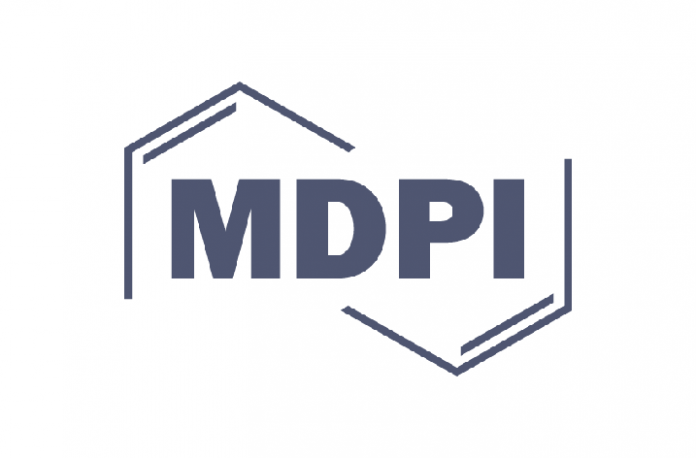
MDPI, the world’s largest fully open-access publisher, today announced the renewal of its national partnership agreement with Sweden’s Bibsam Consortium. Notably, 22 institutions will receive partner benefits under MDPI’s Institutional Open Access Program (IOAP), including substantial discounts on article processing charges (APCs) for affiliated authors.
Leading institutions including the KTH Royal Institute of Technology, Linnaeus University, Linköping University, and Stockholm University will continue to be part of the agreement. This commitment reflects their shared dedication to advancing research excellence and fostering international collaboration. Most importantly, through their ongoing participation, partners of MDPI’s membership program help to drive ground-breaking innovations that address both local and global challenges.
By centrally funding APCs, institutions can receive additional discounts, offering crucial support to their researchers while simplifying the publication process. This approach helps reduce administrative burdens on researchers while fostering a streamlined route to publication. The renewed agreement between MDPI and the Bibsam Consortium enhances researchers’ ability to share their work on a global scale, strengthening Sweden’s role in the open-access movement and solidifying the country’s leadership in pioneering, impactful research.
“With robust backing from national open science guidelines, Sweden’s open-access landscape is rapidly advancing,” says Becky Castellon, institutional partnerships manager at MDPI. “In fact, fewer than 15% of all Swedish research outputs were locked behind paywalls in 2023. We are passionate about the positive impact our ongoing partnership with the Bibsam Consortium will have on Swedish research, paving the way for ground-breaking developments and a more inclusive, open scientific community. Through flexible solutions and tailored policies, we enable institutions to prioritize research, foster innovation, and enhance accessibility, driving the shift to full open access.”
























